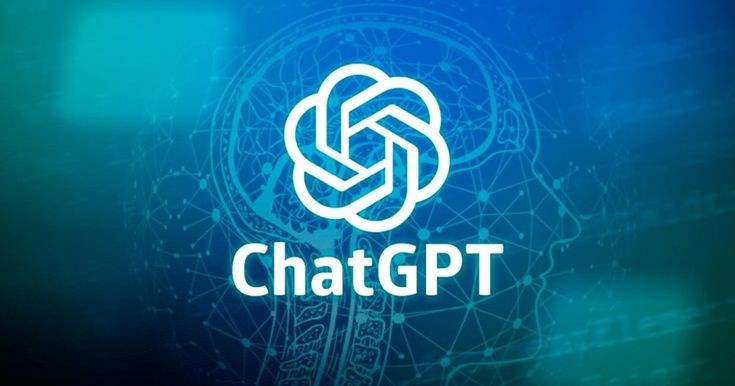
27-Jun-2025 , Updated on 6/27/2025 7:27:52 AM
How ChatGPT and other AI tools are changing the teaching profession
Automating Administrative Teaching Tasks
Chat GPT and other AI applications make teaching related administrative roles less demanding. The technologies have been effective in undertaking quotidian activities such as marking intake exams, designing parent notification, creating progress reports, and scheduling questions. Automation also makes the work of the educators less burdensome. Instructors regain time that they had lost on paperwork. This gained time will allow the educators to shift skills into handing individual student instruction, problem solving, and the development of critical thinking. The enactment enhances the role of the teacher in terms of efficacy, but does not substitute the vital pedagogic roles.
Personalizing Student Learning Experiences
The teaching profession is changing through artificial intelligence tools such as ChatGPT, which allows individual learning among students. These devices enable teachers to create differentiated works efficiently, to offer immediate feedback and adjust content to reflect individual student requirements as well as learning rates. The AI is used by teachers in order to create personalized practice exercises and draw conclusions based on diagnostic data, with the goal of identifying the knowledge gaps. This transforms the educator to the role of a facilitator and a personal mentor. AI carries out customization, and teachers are free to focus on complicated interpersonal relationships and instructive moves. The profession has today taken the course to embrace technology in addressing the various needs of students.
Redefining Educator Roles Fundamentally
The use of AI tools such as ChatGPT will redefine the role of educators and radically transform their position beyond being the central source of knowledge to a specialist in fostering learning in others. Recurrent tasks become automated, including deliveries of content and simple tests, allowing educators. This requires emphasis on high-order skills: the design of sophisticated learning situations, the supply of fine-grained mentorship, and the development of critical thinking by the means of technical discussion. The didactic explanation of such important human skills as collaboration and ethical reasoning is essential. The key to success now is to get students to manage to appropriately assess, unite, and morally use such information created by AI. Such a change requires a radical change in teaching direction and occupational identity.
Ethical Implementation Imperatives Emerge
The potential implementation of the ChatGPT and other AI-involved lessons in the teaching field requires urgent ethics implementation. Such critical needs are data privacy standards on students. To avoid misinformation, accuracy of AI-generated educational content is not negotiable. Addressing systematic algorithmic prejudices through proactive ways of mitigation is essential to prevent increasing education inequities. Academic integrity and preventing plagiarism calls for straightforward policies on AI usage and anti-plagiarism. It is necessary to ensure that all have access to such tools without creating any digital divide. Such imperatives require a strong management, outline policy and educator training to realize flawless implementation.
Preparing Educators for AI Integration
Extensive teacher training is required when it comes to the incorporation of AI technology such as ChatGPT. There should be proactive training programs. Such programs should train the teachers to exploit AI in administration or customized learning using technical expertise. Most importantly, the training should focus on ethical aspects: reducing the presence of bias, protecting privacy of data, and exercising control over AI-generated content. Teaching methods need to be transformed, and this involves the incorporation of AI to increase the effectiveness of teaching whilst maintaining essential human interactions and interpretation. A lack of systematic preparation of educators threatens to increase the digital divide and to contribute to the inability of the profession to change successfully in the digital age.

Content Writer
Hi, I’m Meet Patel, a B.Com graduate and passionate content writer skilled in crafting engaging, impactful content for blogs, social media, and marketing.
Join Our Newsletter
Subscribe to our newsletter to receive emails about new views posts, releases and updates.
Copyright 2010 - 2026 MindStick Software Pvt. Ltd. All Rights Reserved Privacy Policy | Terms & Conditions | Cookie Policy